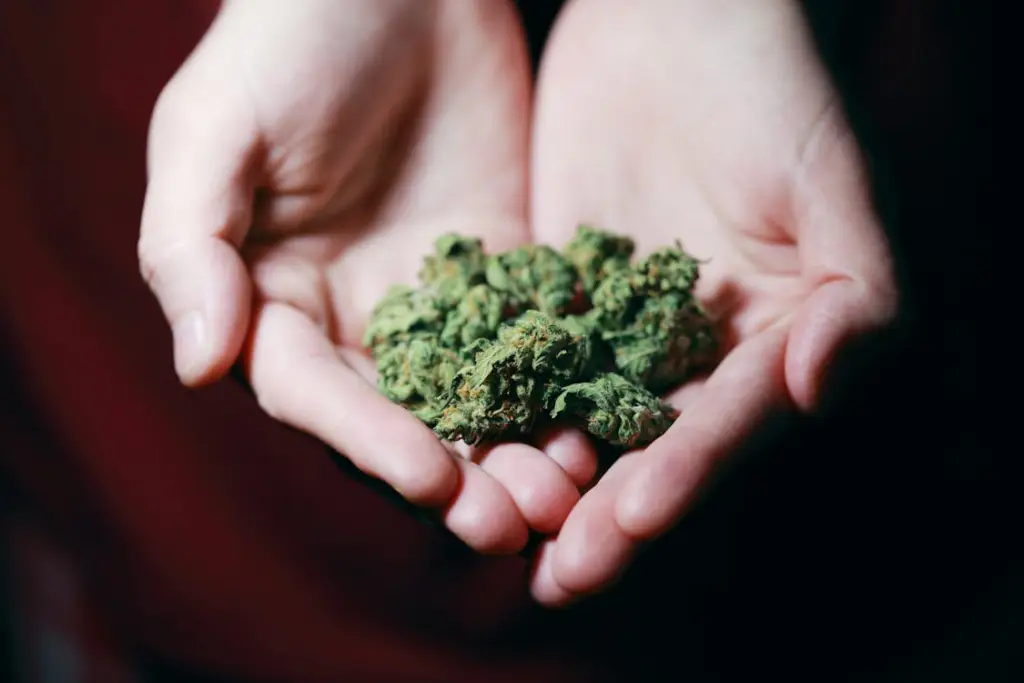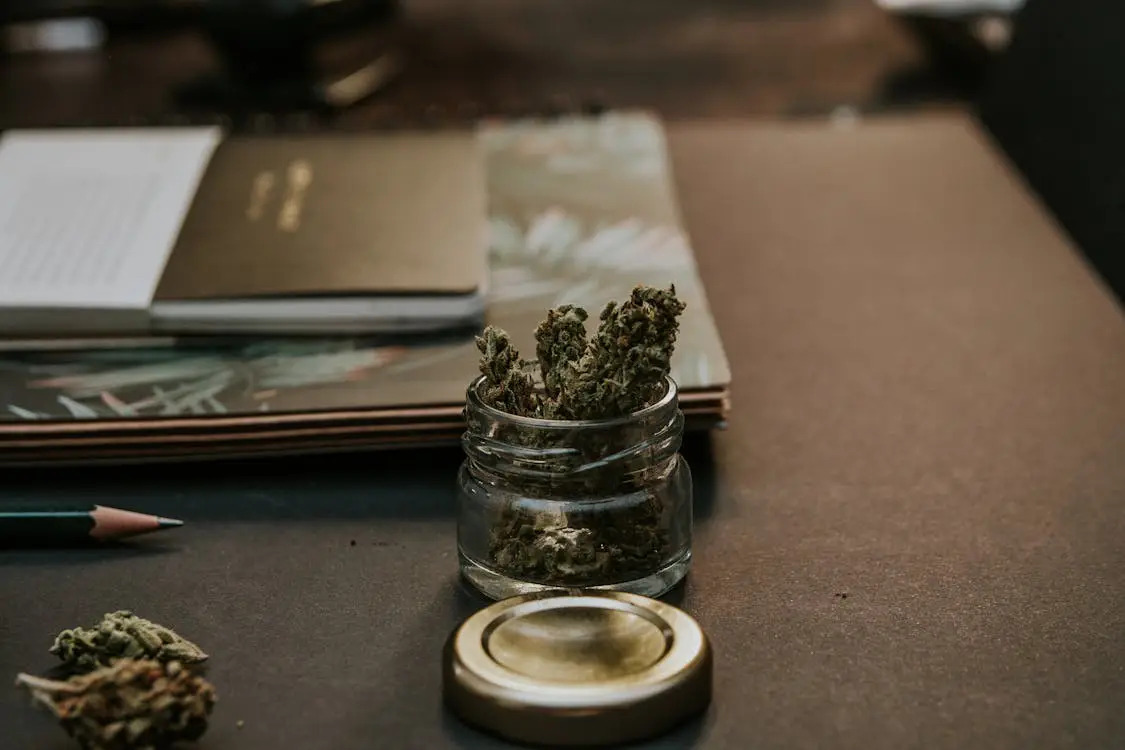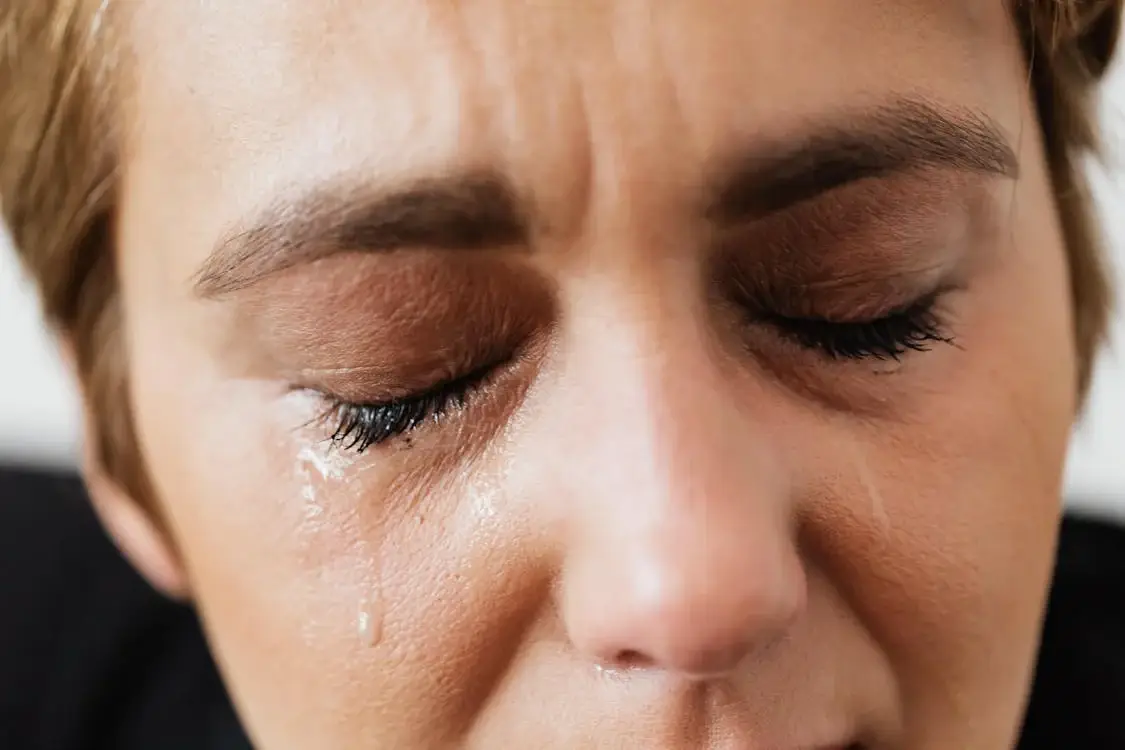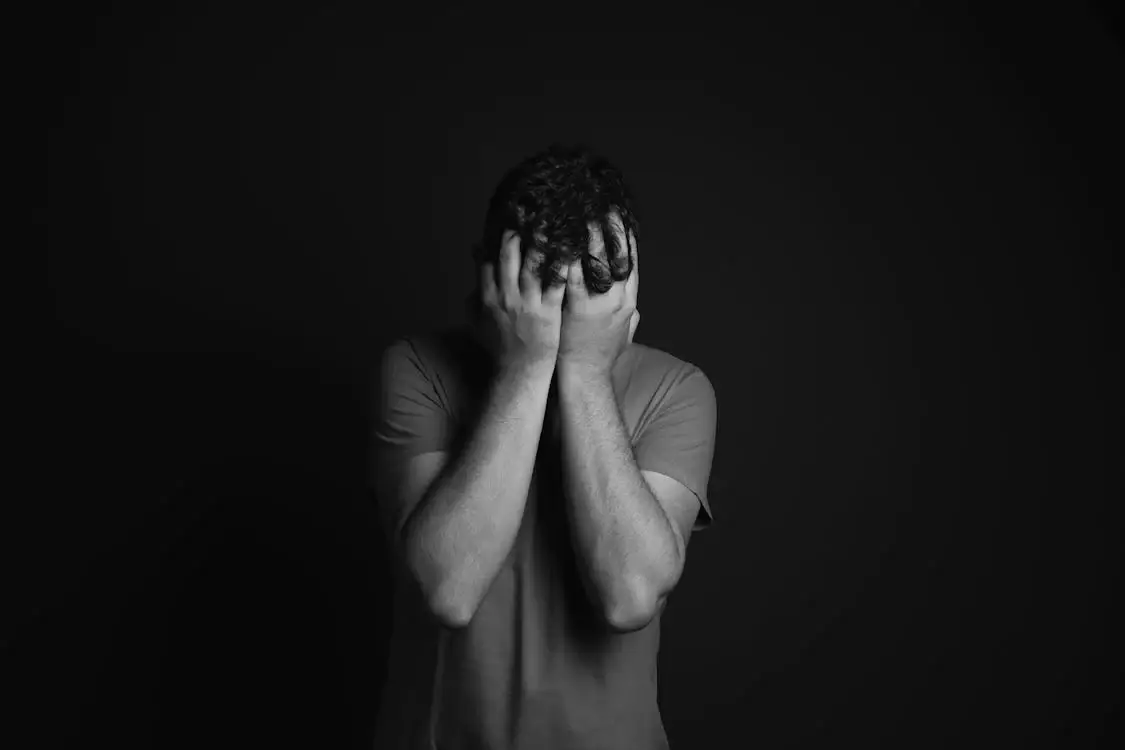The conversation around cannabis has changed dramatically in the last few decades. Once demonized and criminalized, cannabis is now widely accepted in mainstream culture. Legalization has led to booming industries, sophisticated marketing strategies, and a new wave of social acceptance. But as cannabis culture flourishes, an important question remains: Are we normalizing a problem?
While cannabis has medical benefits and is considered safer than many other substances, its increased social acceptance may be overshadowing the risks. The rise in regular cannabis use, particularly among young people, raises concerns about addiction, mental health effects, and long-term consequences. In this blog, we’ll examine whether cannabis culture is masking the dangers of dependency, explore scientific research on cannabis addiction, and discuss how individuals struggling with substance use disorder can find help.
The Evolution of Cannabis Culture
Over the years, cannabis has transitioned from an underground substance to a mainstream commodity. In the U.S., 38 states have legalized medical marijuana, and 24 states have approved recreational use. This shift has reshaped public perception, making cannabis use more socially acceptable than ever before.
Cannabis is no longer just a plant used for smoking; it has evolved into an entire industry. Today, we see cannabis in the form of edibles, oils, concentrates, and even beauty products. Luxury cannabis retreats, dispensaries resembling high-end boutiques, and celebrity-endorsed brands have all contributed to the widespread acceptance of cannabis culture.
However, with this normalization comes an overlooked issue: the potential for addiction and long-term consequences. As more people integrate cannabis into their daily lives, it is crucial to examine whether we are underestimating its risks.
Cannabis and Addiction: What Does Science Say?
Many people believe that cannabis is non-addictive, but scientific research tells a different story. According to the National Institute on Drug Abuse (NIDA), about 9% of cannabis users develop a dependency. This number jumps to 17% for those who start using in adolescence, a critical period when the brain is still developing.
Cannabis Use Disorder (CUD) is a recognized condition that includes symptoms such as:
- Difficulty controlling cannabis use
- Cravings and withdrawal symptoms (irritability, insomnia, anxiety, loss of appetite)
- Continued use despite negative consequences (work, school, or relationship problems)
A study published in The Lancet Psychiatry found that individuals who use high-potency cannabis daily are five times more likely to develop psychosis compared to non-users. Additionally, frequent cannabis use has been linked to memory impairment, reduced cognitive function, and an increased risk of mental health disorders such as anxiety and depression.
Despite these findings, cannabis culture often dismisses concerns about dependency, further embedding the idea that cannabis is completely safe. But as we see more cases of Cannabis Use Disorder, we must address the reality of addiction and its long-term consequences.
 How Normalization Can Mask a Growing Problem
How Normalization Can Mask a Growing Problem
One of the biggest concerns with the normalization of cannabis is how it downplays risks, particularly for young users. The human brain continues to develop until the mid-20s, and cannabis use during this period can interfere with brain development. Studies have shown that regular cannabis use in adolescence can lead to long-term changes in brain structure, affecting memory, attention, and problem-solving skills
Another issue is the increase in cannabis potency. In the 1990s, the average THC content in cannabis was around 4%. Today, it can exceed 30%. This dramatic rise in potency means that modern cannabis can have much stronger effects, including a higher likelihood of addiction and adverse psychological reactions.
Furthermore, the commercialization of cannabis has led to misleading marketing tactics. Many dispensaries and cannabis brands promote cannabis as a harmless wellness product, often failing to mention the risks of dependency. This can create a false sense of security, leading people to overlook early signs of Cannabis Use Disorder.
The Impact of Cannabis on Mental Health
While cannabis is often promoted as a stress reliever, research indicates that heavy use can contribute to mental health problems. Studies have linked frequent cannabis use to an increased risk of anxiety disorders, depression, and schizophrenia.
- A study from JAMA Psychiatry found that cannabis users are more likely to experience suicidal thoughts compared to non-users.
- Heavy cannabis use has been associated with an increased risk of developing schizophrenia, particularly in individuals with a genetic predisposition to mental illness.
- Regular cannabis use can lead to motivational syndrome, a condition characterized by reduced motivation, lethargy, and difficulty achieving goals.
Despite these risks, cannabis culture often glorifies regular use, particularly through social media and entertainment. Addressing these issues requires greater public awareness, responsible use, and access to treatment for those struggling with dependency.
Seeking Help: Overcoming Addictions LLC’s Approach
If you or a loved one is struggling with Cannabis Use Disorder, professional treatment can make a significant difference. At Overcoming Addictions LLC, we provide evidence-based and holistic addiction treatment designed to address the underlying causes of substance use.
Our Substance Use Disorder Treatment focuses on:
Personalized Treatment Plans
Each individual’s journey to recovery is unique. That’s why we offer customized recovery plans based on personal needs, history, and goals. Our approach includes:
- In-depth assessments to understand the severity of addiction.
- Tailored strategies to address triggers and cravings.
- Support from experienced addiction specialists.
A Holistic Approach to Addiction Recovery
We believe in treating the whole person, not just the addiction. Our holistic addiction treatment includes:
- Therapy & Counseling:Individual and group sessions to help clients process emotions and develop coping strategies.
- Mindfulness & Stress Reduction:Techniques such as meditation, yoga, and breathing exercises to help manage cravings and anxiety.
- Nutritional Support:Proper nutrition is vital for mental and physical health, so we provide guidance on balanced diets for optimal recovery.
- Behavioral Therapy:Evidence-based approaches like Cognitive Behavioral Therapy (CBT) and Dialectical Behavior Therapy (DBT) to change harmful thought patterns.
Convenient & Accessible Online Addiction Treatment
For many people, attending in-person rehab is not an option due to time constraints, transportation challenges, or stigma. That’s why we provide drug addiction treatment online, which offers:
- Secure, confidential virtual therapy sessions.
- Flexible scheduling that fits into daily life.
- A judgment-free environment for individuals hesitant about seeking in-person care.
Our online treatment programs make it easier for clients to receive high-quality addiction care without leaving home.
Take the First Step Toward Recovery
Ignoring the risks of cannabis culture can have lasting consequences. If you or someone you know is struggling with dependency, seeking professional help is crucial. Whether you need online substance abuse therapy or inpatient substance abuse treatment in Minnesota, Overcoming Addictions LLC is here to support you every step of the way.
Contact us today to learn more about our evidence-based addiction treatment programs and start your journey toward lasting recovery.












